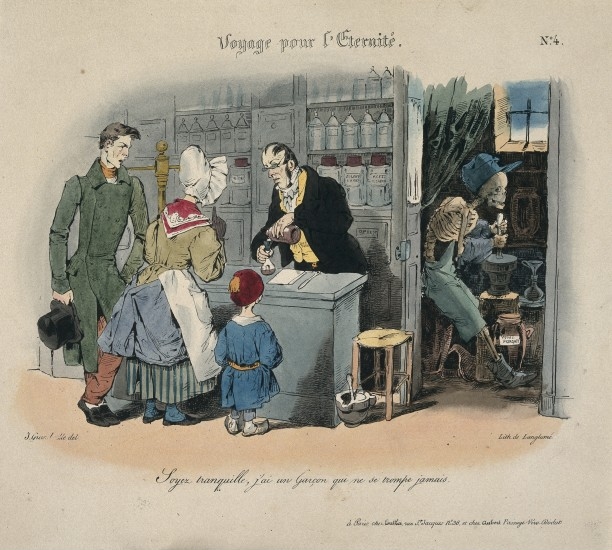In the 80’s there was a campaign to keep kids off of drugs and the mantra was “just say no to drugs.” I thought the better advice to give kids about what they should or shouldn’t do when it came to their physical and mental health was “just say I’ll think about it.” I would apply the same advice to people with fearful dogs and the consideration of behavioral medications. Think about it.
It’s not easy to think, really think about whether or not to consult with a vet about behavioral medications that could help our dogs by lowering the level of anxiety and stress many are experiencing on a daily basis. We leave important pieces of information out, specifically the very real risk of NOT using medications to address anxiety in our dogs. We tend to put a lot of weight on the possible side-effects of medications and fail to consider the impact chronic stress and anxiety has on our dogs’ health and quality of life. We have a knee-jerk distrust of big pharma which we consider is out to suck our wallets dry by selling us unnecessary meds and hold the marketers of sugar pills and unregulated and untested remedies in high esteem.
It’s difficult to acknowledge and assess the baggage that we carry in regard to the use of behavioral medications, for people or dogs. For many of us it’s about how their use makes us feel. It feels not quite right to us and we come up with excuses and reasons to justify those feelings. Meds are a cop-out. If only we did something else they wouldn’t be needed, and we just need to figure out what that something else entails. They are an indication of laziness on our part. The need for meds means we failed our dog, we weren’t good enough. Few of us are willing to accept that and so we keep looking for alternatives that will make us feel more successful.
The other problem we run into is that we put more merit into anecdotal information about untested or unproven remedies than we do into the data and research available regarding the efficacy of meds. Someone’s cousin’s dog was put on an anti-depressant and their behavior got worse. If we are reluctant about using meds we will latch onto this information like a tick on a warm body. With no other information other than that statement we will write off meds as an option for our dogs. If someone’s sister’s best friend used a homeopathic remedy and saw improvement in their dog we’ll race out to the local shop to buy some. And this is where our thinking is cloudy.
In any group of dogs, some will get better and some will get worse whether we do anything specific or not. If a dog who was likely to get better is also given a magic potion (many of the products that are available have never been tested let alone shown to be more effective than a placebo) you can guess what will be credited with their improvement–the potion. I would surmise that when we start to think about how to help our dogs we are often changing more about how they are handled and managed than simply adding a few drops of something or other to their water bowl. We are likely increasing the odds of them improving because of these changes in management, and the drops are credited for it.
Two years ago my border collie Finn was diagnosed with lymphoma. I did some online searching for information and met with an oncologist. The prognosis for this disease if left untreated isn’t simply not great, it’s bad. But there is a well established protocol of chemotherapy that could increase his chances of surviving beyond the time the disease would kill him. Given all the factors; the type of cancer, his otherwise good condition, his age, the availability of treatment, credit cards, etc., we decided to treat him. He’s still with us (and even I can’t resist superstitious thought-touch wood). Don’t feel bad about the struggle to think critically about the use of traditional medicine to help our dogs, Even smart guys have a hard time with it.
If you enjoy thinking about the best ways to live with and train dogs you might enjoy my latest book Does My Dog Need Prozac?






